Life in the Colonies
History
agriculture
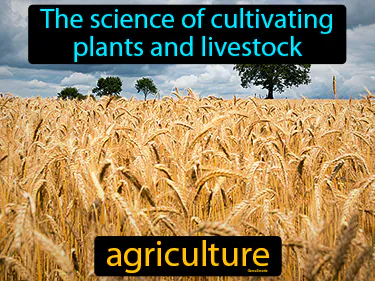
The science of cultivating plants and livestock. Agriculture. Agriculture is the practice that allowed humans to transition from nomadic lifestyles to settled societies by growing food and raising animals.
apprentice
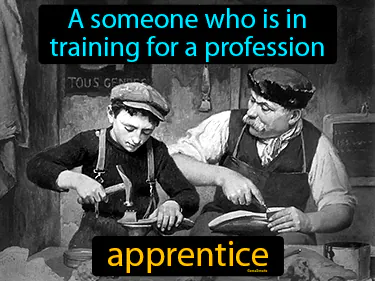
a someone who is in training for a profession. apprentice. In history, an apprentice is a person who learns a trade from a skilled worker through hands-on experience.
assembly
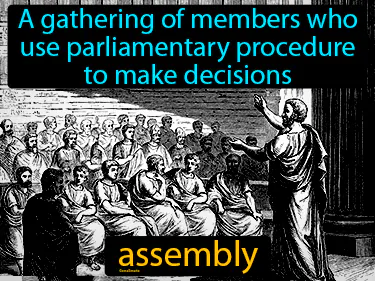
The lower house of a colonial legislature assembly. An assembly is a group of representatives who gather to make laws and decisions for a colony or community.
autobiography
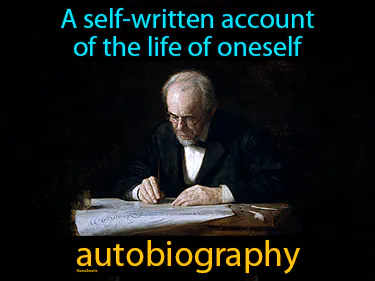
A self-written account of the life of oneself. Autobiography. An autobiography is a historical account of a person's life written by that person.
backcountry
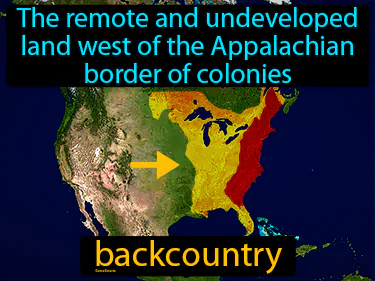
The remote and undeveloped land west of the Appalachian border of colonies. Backcountry. Historically, the backcountry was the frontier area where settlers moved for land and opportunity beyond the established colonies.
Benjamin Franklin
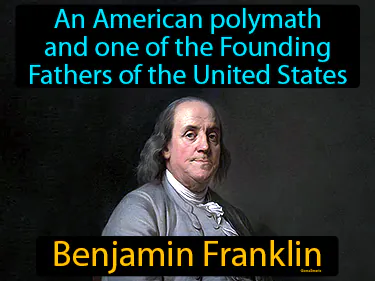
An American polymath and one of the Founding Fathers of the United States. Benjamin Franklin. He was a key figure in the American Revolution and helped draft the Declaration of Independence.
constable

A person holding a particular office, most commonly in criminal law enforcement constable. In history, a constable is a law enforcement officer responsible for maintaining peace and order in a community.
delegate
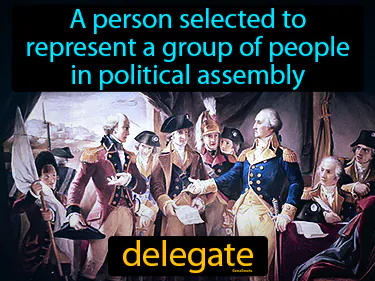
A person selected to represent a group of people in political assembly. Delegate. In History, a delegate is someone chosen to speak or act on behalf of a larger group, often in governmental or organizational meetings.
Eliza Lucas Pinckney
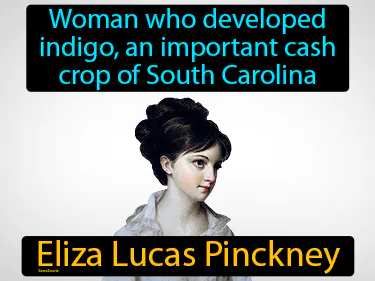
Woman who developed indigo, an important cash crop of South Carolina. Eliza Lucas Pinckney. She was an influential 18th-century agricultural pioneer who successfully cultivated indigo, significantly boosting the economy of the South.
export

A good or service produced in one country that is sold into another country. Export. In history, export refers to the trade of goods and resources, such as spices and silk, between ancient civilizations to boost their economies and cultural exchange.
free enterprise
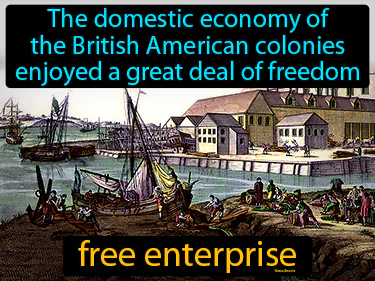
The domestic economy of the British American colonies enjoyed a great deal of freedom. Free enterprise. Free enterprise is an economic system where businesses operate with minimal government interference, allowing people to buy and sell freely.
frontier
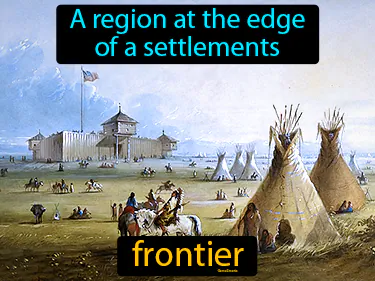
"a region at the edge of a settlements. frontier." In History, a frontier is a boundary or border area that separates settled land from unexplored or sparsely inhabited territories.
industry
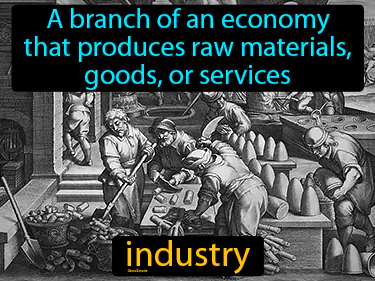
A branch of an economy that produces raw materials, goods, or services. Industry. During the Industrial Revolution, industry transformed societies by shifting from handmade products to machine-produced goods.
John Locke

An English philosopher and physician, one of the influential Enlightenment thinkers, John Locke. He is known as the "Father of Liberalism" for his ideas on natural rights and government by consent.
John Peter Zenger
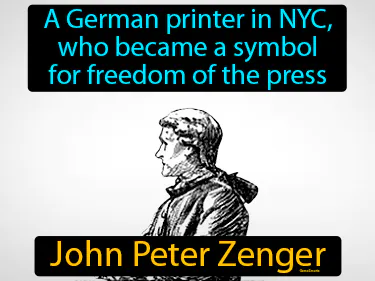
A German printer in NYC, who became a symbol for freedom of the press. John Peter Zenger. John Peter Zenger was a printer whose trial in 1735 helped establish the principle of freedom of the press in America.
John Punch
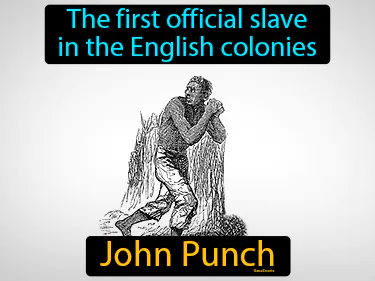
The first official slave in the English colonies John Punch. John Punch was an African man who, in 1640, was sentenced to lifelong servitude in Virginia, marking a significant moment in the history of American slavery.
John Woolman
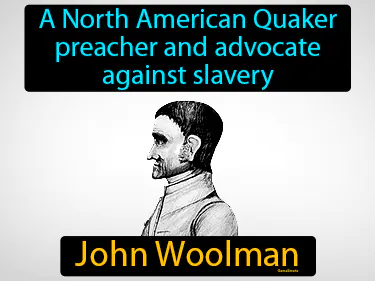
A North American Quaker preacher and advocate against slavery, John Woolman. John Woolman was a prominent 18th-century figure who opposed slavery and promoted social justice.
legislation
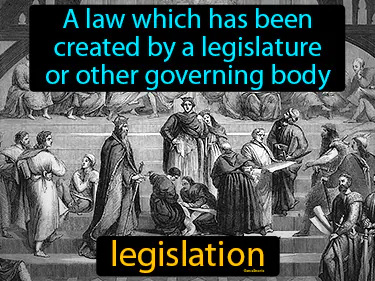
A law which has been created by a legislature or other governing body. Legislation. In History, legislation refers to laws that governments create to structure society and resolve issues.
Middle Passage
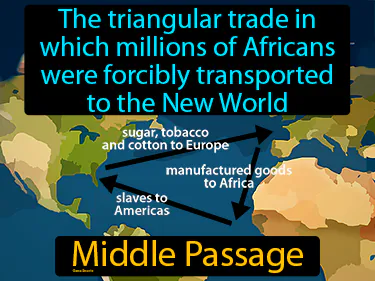
The triangular trade in which millions of Africans were forcibly transported to the New World. Middle Passage. The Middle Passage was the brutal sea journey that enslaved Africans endured while being transported to the Americas.
militia
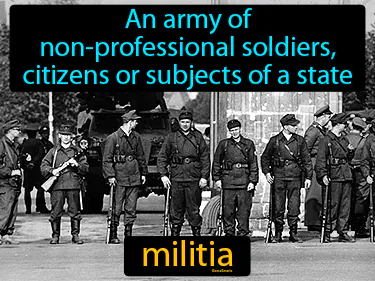
An army of non-professional soldiers, citizens or subjects of a state. Militia. In history, a militia is a group of ordinary citizens trained to provide military defense in emergencies.
Olaudah Equiano
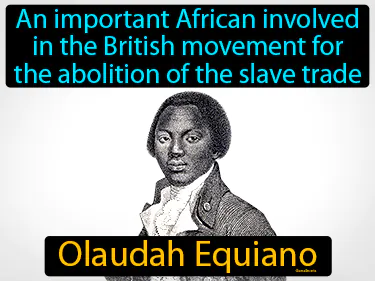
An important African involved in the British movement for the abolition of the slave trade Olaudah Equiano. Olaudah Equiano was a former enslaved African who became a prominent abolitionist and writer, advocating for the end of the transatlantic slave trade.
overseer
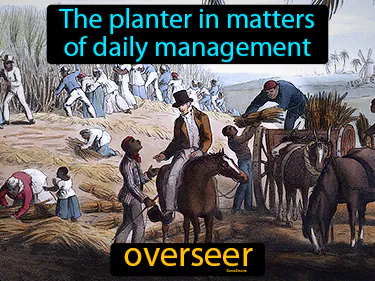
The planter in matters of daily management. overseer. An overseer in history was a person who supervised and directed the work on plantations, often managing enslaved labor.
Phillis Wheatley
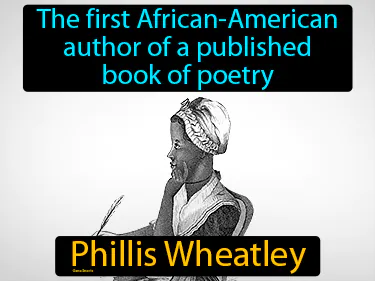
The first African-American author of a published book of poetry. Phillis Wheatley. She was an enslaved girl who became the first African-American to publish a book of poems in 1773.
plantation
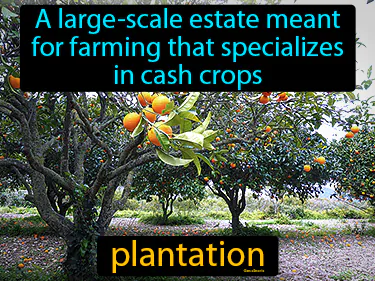
A large-scale estate meant for farming that specializes in cash crops. Plantation. Historically, a plantation is a large farm where crops like cotton, sugar, and tobacco were grown, often using enslaved labor.
Richard Henry Lee
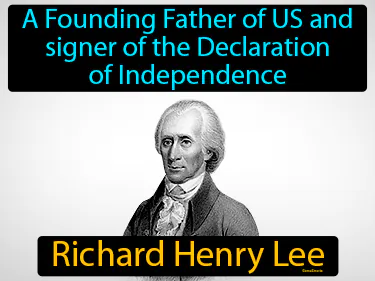
A Founding Father of US and signer of the Declaration of Independence. Richard Henry Lee. Richard Henry Lee was an American statesman who proposed the idea of independence from Britain to the Continental Congress.
Robert Carter III
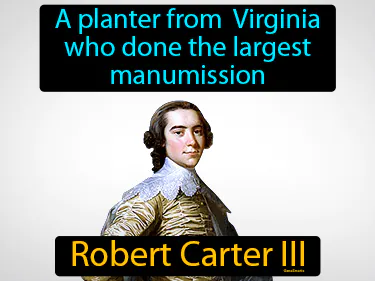
A planter from Virginia who done the largest manumission. Robert Carter III. He was a historical figure known for freeing a large number of enslaved people in the early 19th century.
slave codes
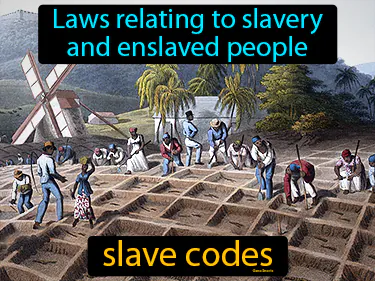
Laws relating to slavery and enslaved people. Slave codes. Slave codes were rules that controlled the lives of enslaved people and defined the rights of slave owners.
slave trade
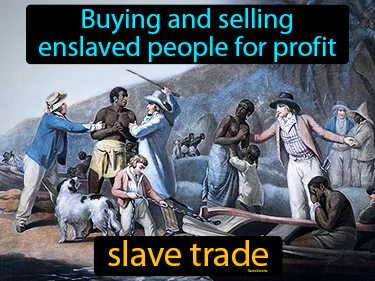
Buying and selling enslaved people for profit. Slave trade. The slave trade was the historical practice of capturing, transporting, and selling people as slaves for economic gain.
treason
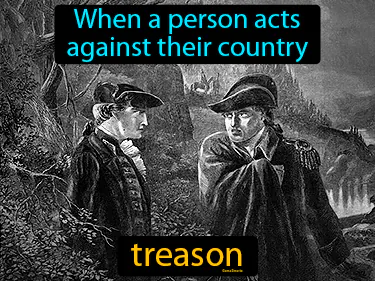
When a person acts against their country, treason. In history, treason is when someone betrays their own country, often by aiding its enemies.
triangular trade
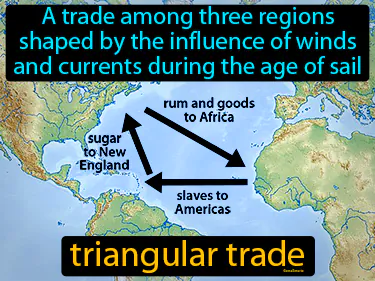
A trade among three regions shaped by the influence of winds and currents during the age of sail. Triangular trade. It was a system of exchanging goods and slaves between Europe, Africa, and the Americas during the 16th to 19th centuries.